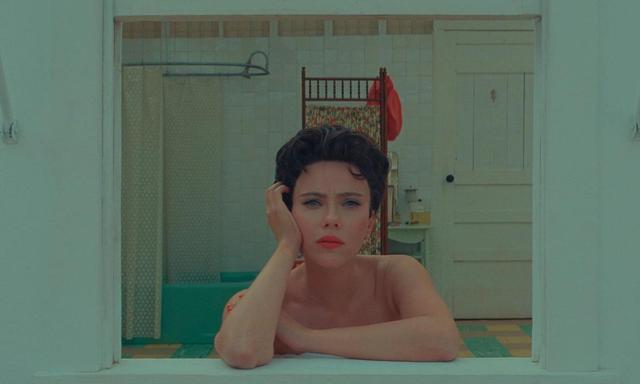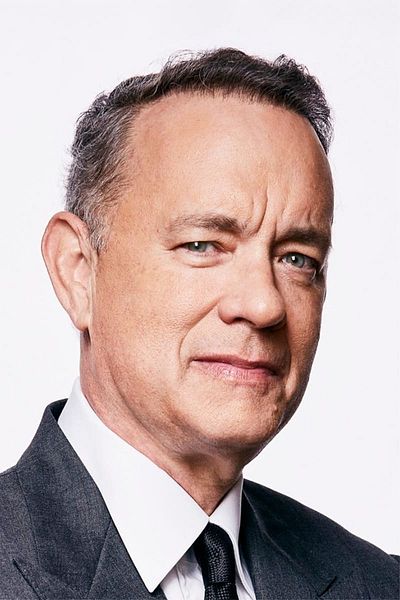War photographer and recent widower Augie Steenbeck (Jason Schwartzman) arrives in the remote desert community of Asteroid City, where his son (Jake Ryan) is due to receive a Junior Stargazer award. However, when a strange event occurs that is witnessed by the various inhabitants of Asteroid City (Maya Hawke, Tilda Swinton, Liev Schreiber, Steve Carrell, Rupert Friend), the community is placed into quarantine immediately by General Gibson (Jeffrey Wright). However, Augie's father-in-law (Tom Hanks) arrives just before the quarantine occurs and just as Augie begins to strike up a friendship with actress Mitch Campbell (Scarlett Johansson)...
Now that the COVID-19 pandemic is an uncomfortable memory for us all, we're slowly beginning to see movies and storytellers start to process it in various ways. While there's undoubtedly going to be a hard-hitting, no-holds-barred sprawling drama with big-name stars on the way in the next few years, Wes Anderson is easing us into it with his retro-futuristic, Looney Tunes / Chuck Jones-inspired setting of a small-town community with a bunch of misfits trapped together in quarantine.
As you'd expect, the cast assembled speaks to how excitedly people will turn up for Anderson, and how he deploys them in unusual settings and scenes is just as precise and considered as everything else. Tom Hanks plays a charming old golfer granddad miles away from anything he's done before, Englishman Rupert Friend plays a singing cowboy complete with double denim and a deep, good 'ol boy accent. Scarlett Johansson plays an Actor's Studio-type actor obsessed with her performance and trying to make sense of herself, while Schwartzman plays a confused widower and war photographer, ill-at-ease with his children and his father-in-law, played by Hanks. All of them delve deep into themselves and come back with some real moments, particularly Johansson who really is a much sharper comedian than she's given credit for.
Like 'The French Dispatch', there's a metatextual approach to 'Asteroid City' - it opens as a TV show narrated by Bryan Cranston's character in black-and-white describing the production of a play written by Edward Norton's character, directed by Adrien Brody's character, and then acted by a cast of actors, who are in turn played by characters played by the likes of Jason Schwartzman, Scarlet Johansson, Rupert Friend, and so on. When it switches to play, it's widescreen Technicolor; when it's discussing the play's production, it's black-and-white.
This is how Wes Anderson sees the world. When it's not on the stage, it's much more austere, yet when there's cameras rolling and it's inside his Americana fantasia, the colours are bright, people are witty, and the mood is jovial and whimsical. Even the strange event that brings them all together isn't viewed as either a bad thing or a good thing, it's just a strange, unusual event that brings them into close contact and forces them all to look one another in the eye. 'Asteroid City' is him trying to process the strangeness of the pandemic and distil it into something that catapults the story ahead. The back-and-forth between the real and the imagined in the story is striking, yet Anderson never journeys beyond to explore other elements of the pandemic, instead focusing on the surreal elements of it.
As with much of his work now, there's an indulgence to it all and a visual rigidness to it. You know it's going to look lush and vibrant, the music is going to be quirky and charming, the stilted quick-fire dialogue is droll and witty, and there's always a kind of underlying sadness to some characters and moments. Some might see this as Anderson being creatively conservative, reusing the same shots and styles with a new script. For those who find comfort in the pattern recognition that Anderson's work brings, 'Asteroid City' is a trip to a world unlike our own, but made of the same shapes and stories.




















































































